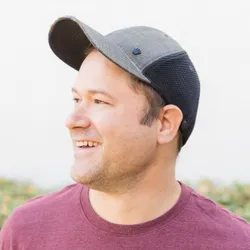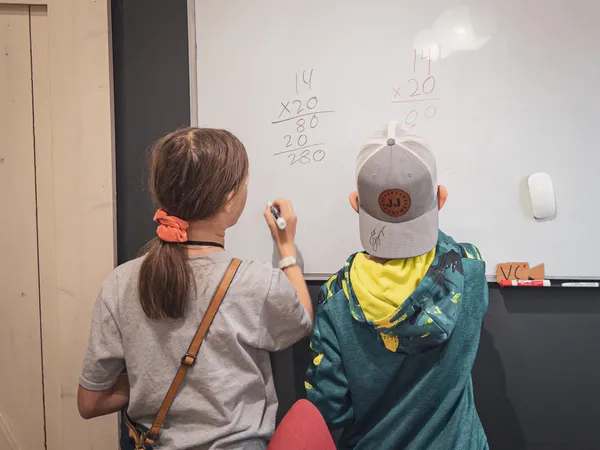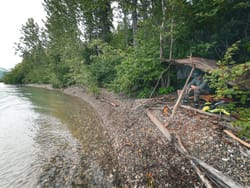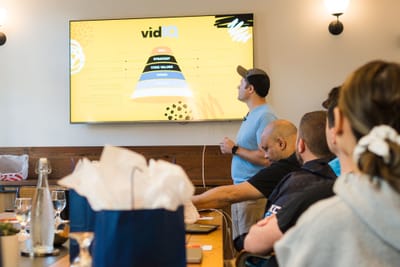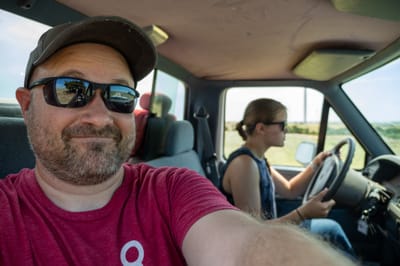Whether it's working with a YouTube creator or one of my kids, the most transformative moments in my coaching experience do not come when I dispense some deep wisdom or a mind-blowing insight. In fact, doing so sometimes eclipses the learning experience.
There's a far better way to help someone achieve the results they want, whether in a professional setting or at home.
How Coaches Get It Wrong
A new coach will spend a decent amount of time trying to impress the client by proving their worth and value. While this seems logical, a terminated coaching agreement rarely results from not demonstrating your intelligence. Instead, it stems from the self-fulfilling prophecy of focusing more on proving your knowledge than on actually helping the client achieve their desired results.
Do This Instead
When you're focused on helping the client experience transformation instead of just being impressed by your knowledge, your coaching shifts towards using your knowledge to ask insightful questions that lead the client to self-discovery instead.
Questions create space for personal ownership in ways that teaching answers simply cannot. When someone discovers the truth of the situation for themselves and then also discovers the path forward to improved results, they own the process of addressing those matters at a much deeper level than simply being told what to do next. There's certainly a place for telling, but if you can guide instead, it leads to more powerful results.
When I shifted from being an answer provider to a question asker, I witnessed exponential growth in those I served, both at work and at home. One, because it was no longer about me; and two, because discovery through good questions lead to increased ownership.
How Dads Get It Wrong
This same principle applies to fatherhood. Like many parents, I initially believed my role was to provide answers, to protect my children from struggle by offering shortcuts through life's challenges. However, by answering questions too quickly, I was unintentionally robbing my children of the very growth experiences that would develop their own insights and results.
Earlier this week, two of my daughters were in the kitchen arguing over whether the younger one needed to finish cleaning up the dishes. Instead of coming to the rescue to issue a verdict and settle the matter, I listened in the other room to see how they would navigate the conflict. When I heard the situation escalate to the point where they needed guidance, I came in and asked questions.
I asked the older daughter, "Your sister is crying. I don't think the issue is about dishes anymore. What do you think she's feeling now?"
"I don't know..."
"Well, think about it. Or you could ask her."
Silence for a bit. Then the other daughter volunteers the information.
"I feel like she doesn't believe me. I'm telling the truth! I'm not lying!"
Ahh, now we're getting somewhere. Now we can address the underlying problem.
I won't take your time with the whole story, but I continued to ask questions to draw out what they were feeling and worked towards a sense of empathy for the other that aligned them enough to reach a solution (along with a helpful clarification from my wife about the family dish cleaning policy.)
Dads Are Coaches
Yes, it would have been a lot quicker for me to simply issue a verdict about the dishes, but while it's a necessary approach sometimes, a parent's role is to equip our children with the skills they'll need to succeed at life. That's a coaching skill. Coaching often requires more time than providing information, but it bears better results in the long run.
When we constantly provide answers, we send the subtle message: "You need me to solve your problems." But when we ask thoughtful questions, we communicate something far more profound: "You have what it takes to find your way. I'll help you develop that skill."
As both parents and coaches, our most significant impact comes not from dispensing wisdom but from cultivating discovery. By replacing hasty answers with thoughtful questions, we don't just solve immediate problems—we build problem-solvers.
